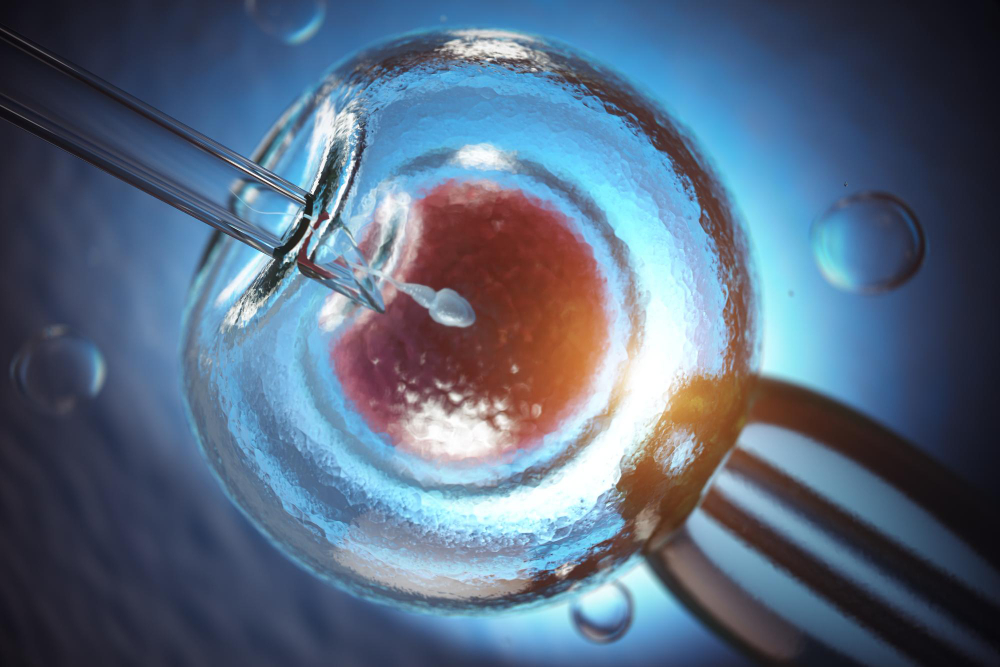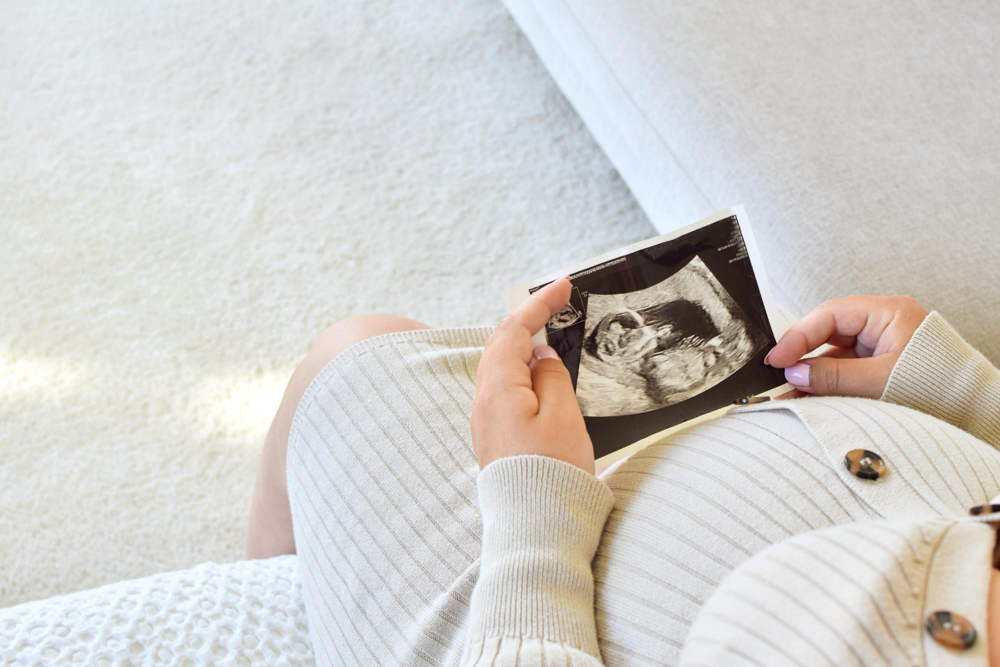IVF (In Vitro Fertilization)
IVF, also known as in vitro fertilization, refers to a fertility procedure wherein eggs and sperm are brought together in a laboratory instead of inside the body. This method is commonly relied upon by individuals who require assistance in achieving pregnancy. IVF encompasses a series of intricate stages and serves as a successful technique within the field of assisted reproductive technology (ART).

How does IVF work?
The acronym IVF stands for in vitro fertilization. It is one of the more well-known forms of assisted reproductive technology (ART). IVF involves the administration of medications and surgical procedures to assist in the fertilization of an egg by sperm and further support the implantation of the fertilized egg in the uterus.
Initially, you are prescribed medication to stimulate the maturation of multiple eggs in your body, preparing them for potential fertilization. Subsequently, the eggs are extracted from your body by a doctor and combined with sperm in a laboratory setting, enhancing the likelihood of fertilization. Afterward, one or more fertilized eggs, known as embryos, are directly inserted into your uterus. If any of these embryos successfully attach to the lining of your uterus, pregnancy occurs.
In-vitro fertilization (IVF) consists of multiple stages and requires several months to be fully completed. While there are cases where IVF is successful on the initial attempt, many individuals need to undergo more than one round of IVF to achieve pregnancy. IVF unquestionably improves the likelihood of becoming pregnant for those experiencing fertility difficulties, but its effectiveness is not guaranteed as every person’s body is unique and IVF may not be successful for everyone.
Why is IVF used?
IVF is utilized as a method to address infertility among the subsequent group of individuals:
- Blocked or damaged fallopian tubes
- Male infertility caused by a reduction in the number or movement of sperm.
- Females experiencing issues with ovulation, early cessation of ovarian function, and the growth of fibrous tumors in the uterus
- Women who have undergone a procedure to eliminate their fallopian tubes
- Individuals with a genetic disorder
- Unexplained infertility

What happens during the IVF process?
IVF is a procedure in which one menstrual cycle is associated with each cycle of IVF.
- On the first day of your menstrual cycle, you will undergo a blood test at your fertility clinic.
- Hormone stimulation: Your hormone stimulation treatment will begin on either the second or third day of your menstrual cycle. You will be prescribed medication to encourage your follicles to produce multiple eggs.
- Trigger shot: After your eggs reach a specific size, you will administer a hormone injection to stimulate your ovary to mature and release an egg.
- Egg retrieval typically occurs approximately 34 to 36 hours after the trigger shot. During this procedure, a fertility specialist will use a slender needle inserted into the vaginal wall to collect the eggs from the follicles.
- Sperm sample: If you plan to use your partner’s sperm, they will need to provide a sample on the day the eggs are collected. If this is not feasible, there is a surgical option to extract sperm directly from the testicles. Alternatively, you can choose to use frozen donor sperm.
- Fertilization involves the combining of healthy sperm and eggs in a dish and allowing them to develop overnight. In certain cases, Intra Cytoplasmic Sperm Injection (ICSI) may be necessary, which is a procedure where a single viable sperm is injected into a fully developed egg. This technique can be beneficial when the sperm’s quality is subpar.
- Embryo transfer involves the transfer of an embryo into the uterus, typically 3 to 5 days after egg retrieval. Normally, one embryo is transferred, but occasionally more may be transferred. Occasionally, the fertility specialist may choose to wait before transferring an embryo. Any high-quality embryos that are not transferred may be frozen for future use, dependent on your specific circumstances.
- The pregnancy test should be done 2 weeks after the embryo transfer. It is recommended to have a blood test for better accuracy, which can be done at the fertility clinic or by consulting your general practitioner.
What can you expect after IVF treatment?

After the transfer of the embryo, you may encounter certain mild symptoms.
- Mild bloating and cramping.
- Breast sensitivity caused by elevated levels of estrogen.
- Spotting.
- Constipation.
After the egg retrieval procedure, most individuals will resume their usual activities. However, it is important to refrain from driving for a day following anesthesia. Typically, between nine to 14 days following the transfer of embryos, individuals will revisit the clinic to undergo a pregnancy test that involves taking a blood sample.
IVF Success Rates
The CDC estimated that in 2019, the proportion of planned egg retrievals that led to live births was:
- 52.7% among people aged under 35 years
- 38% of individuals in the age range of 35 to 37 years old
- 24.4% of individuals who are between the ages of 38 and 40
- 7.9% among people over the age of 40
The statistics differ based on the location of the procedure.

Side effects of IVF
A majority of individuals who undergo IVF will not encounter significant side effects. Nonetheless, there are cases where some individuals may experience certain side effects, which can potentially include:
- fatigue
- abdominal pain
- sore breasts
- irritability
- nausea
- headaches
These symptoms typically manifest during the ovarian stimulation phase of in vitro fertilization. Some individuals may also encounter the subsequent adverse reactions:
- shortness of breath
- dehydration
- hospitalization is required for individuals experiencing vomiting or abdominal pain
Certain individuals may also go through mood swings.
Treatment in Türkiye:
The medical staff of surgical teams, doctors and consultants in Rehab Türk can provide the best treatment options and free consultations – by striving to keep abreast of the latest medical technologies and methods.
